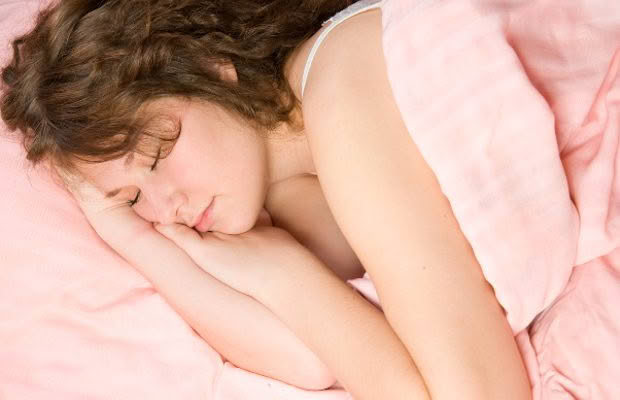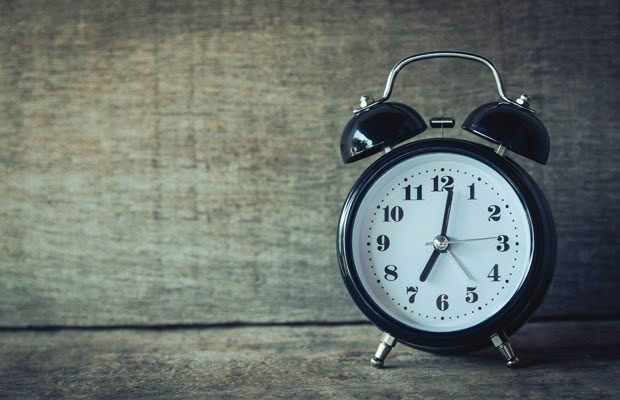From scheduling to supplements: 6 easy ways to improve sleep

Counting sheep not working? For those struggling to drift off into slumberland, it’s time to get back to basics.
An extract from Eat Yourself Healthy by Dr Roderick Mulgan and a panel of 8 New Zealand experts.
Words: Jane Wrigglesworth.
Sleep is not like a light switch. We cannot lay our heads on our pillow, flick an internal lever, and descend into blissful oblivion. For at least one-third of the population, getting the required 7-8 hours of sleep a night for optimal functioning is a struggle.
Anyone who has lain awake all night contemplating the complexities of life can confirm that sleep can be elusive. But it needn’t be. Minor changes to our sleep habits and employing key sleep strategies can make it considerably easier to drift off into slumberland.

SCHEDULE TIME TO ZZZZ…
To put it bluntly, without at least 7 hours of sleep every night, you are setting yourself up for bad health – and lousy sleep. Six hours one night, 5 hours the next, and 7 hours the following night isn’t going to cut it. Studies have established that people who get a 7-8-hour block at the same time every night sleep better than those with spontaneous sleep habits. That’s because such irregularity results in equally irregular releases of melatonin (the hormone often referred to as the sleep hormone), which leads to poor sleep. Stick to a routine. Get up at the same time every morning and go to bed at the same time every night.
EAT EARLY
Our internal body clock influences our lives, but the brain takes in environmental signals – for good or worse. Eat close to bedtime, and the body won’t perceive that it’s time to sleep because it’s busy processing food. Have dinner at least 3 hours before bed to allow enough time for digestion. And set consistent mealtimes – breakfast, lunch and dinner – to keep circadian rhythms on track.

USE LIGHT TO YOUR ADVANTAGE
The body’s internal circadian clock gets its cues from light and dark. Darkness prompts the release of melatonin; light inhibits it. During daylight hours, bright light is helpful; it keeps us alert and wakeful. Use this to advantage and get outside first thing in the morning to help ‘reset’ the circadian rhythms and stimulate the brain. If morning isn’t an option, any time during the day is second best. Exercising outdoors is excellent (exercise itself promotes sleep).
Spending a lot of time indoors during the day, where light levels are low, is not conducive to good sleep.
Conversely, limit night-time exposure to bright light, specifically blue light from electronic devices and LED lighting. Blue light inhibits the release of melatonin and stimulates the brain, and raises body temperature and heart rate, all of which contribute to poor sleep.
Dim the lights in the evening and stop using gadgets for at least an hour, preferably two, before bed. If you must use devices, install a blue-light filter, or wear bluelight-blocking glasses a couple of hours before bedtime. Install blackout curtains in the bedroom to keep out light or wear a blackout sleep mask.
KEEP IT COOL
Maximum drowsiness occurs when the central body temperature is at its lowest and melatonin levels are at their highest, one reason why it’s harder to sleep during summer. Keep the bedroom cool; open the window to let in the fresh air and switch off heaters at night during winter. Body temperature naturally drops at night to initiate sleep; keeping the room warm can prevent this.

EAT RIGHT
Promote a good night’s sleep by padding your diet with vitamins, minerals and amino acids that support serotonin, a precursor to melatonin. Foods high in tryptophan, itself a precursor to serotonin, are beneficial. Tryptophan is an essential amino acid found in protein. Seeds (especially pumpkin and sunflower seeds), nuts, oats, mushrooms, broccoli and peas are high in tryptophan. Meat is, too, but the body has a more challenging time converting tryptophan from meat into serotonin.
Remember that for tryptophan to cross the blood-brain barrier (to be converted into serotonin and melatonin), carbohydrates should be eaten with it. Scientists have found that larger amino acids compete with tryptophan for entry to the brain when eating protein by itself, resulting in lower serotonin production. Eating carbs promotes insulin production, allowing muscle cells to absorb the competing amino acids, making it easier for tryptophan to enter the brain.
Avoid sugary foods before bed – they lead to a spike in glucose and the inevitable crash later in the night. The resulting low blood-sugar levels can wake you up. Sugary foods also increase inflammation, which results in higher cortisol – the higher the cortisol, the lower the melatonin levels.

TRY SUPPLEMENTS
In today’s busy and stressful lives, many of us are low in sleep-promoting magnesium and B vitamins. A B vitamin complex in the morning and high-dose magnesium in the evening, an hour before bed, can benefit some.
Likewise, some herbs can help aid sleep. But taking them is no use unless it’s understood why you can’t sleep in the first place. Stressed? Choose herbs that help to alleviate it, such as chamomile, lemon balm, passionflower, holy basil and ashwagandha. Strong chamomile, lemon balm or passionflower tea, or a combination of the three, sipped throughout the day,
is an easy, do-it-yourself, natural treatment that might help take the edge off things and promote better sleep. If depressed, a herb that targets depression, such as St John’s wort, rhodiola or bacopa, might help, along with an increase in foods high in tryptophan.
Lavender is an anti-depressant and anxiolytic (anti-anxiety) and may promote sleep. Put Lavandula angustifolia essential oil in a diffuser 30 minutes before going to bed to benefit from its snooze-inducing properties. Alternatively, put 4 drops of the oil onto a cotton ball in a small shallow container, inhale 10 deep breaths, and then put the container beside the pillow for the night.
Muscular relaxant herbs such as California poppy, kava or corydalis and/or passionflower and lime (linden) flowers may help if headaches are an issue after sitting all day. Speak to a qualified naturopath or herbalist for herbal suggestions to suit.
Needing a little extra help? Natural sleep doesn’t always come easily, so support a restful night’s sleep with LifeGuard Sleep. Formulated by Dr Roderick Mulgan, LifeGuard Health‘s sleep formulation is made of four scientifically validated micronutrients that support your natural rhythms for the best night’s rest. Find out more here.

